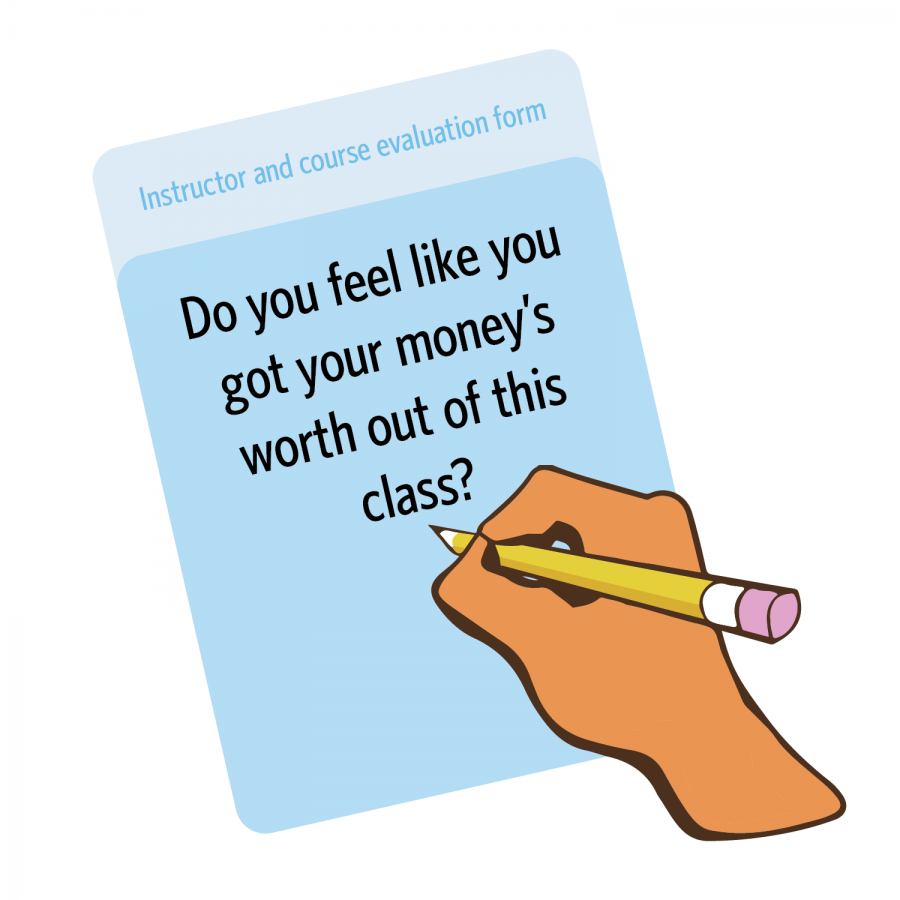Universities need to rethink their trajectory
Dec 1, 2018
What is the point of higher education?
Is college synonymous with higher education or are they very different things?
Is college meant to prepare one for a career? To engage in critical and reflective thought? To promote social mobility?
As the academic environment has succumbed to market pressures, it appears that the answer to such questions is, “We will provide whatever the paying consumer wishes to procure.”
But is higher education an apt term for such a place? I don’t think so; such a place is really a very expensive shopping mall where professors are seen as highly informed sales representatives of their respective fields and administrators are both the management and customer service teams.
Get The Daily Illini in your inbox!
There are many examples of this mentality. As the semester comes to an end, you have probably been asked to fill out a survey evaluating of your professor, and the questions read very much like a customer satisfaction survey.
I wouldn’t be surprised if, eventually, the last two questions on the survey are, “Do you feel like you got your money’s worth? If not, what could the professor have done to make you feel like you got your money’s worth?”
There are only two questions that such a survey should ask: Was the professor fair? Why do you think so?
Asking other questions about the course is highly inappropriate, like asking students if the course was appropriately challenging or if the professor seems eager to teach; this is like asking if your customer service needs were met and if your service representative gave you what you wanted.
Such questions empower students in the wrong way and ingrain the belief that an education is like any other commodity; however, — this approach does not foster the original intention of higher education: to create independent and critical thinkers.
Many professors, both in the U.S. and internationally, regularly comment that their students increasingly make demands of them but take no responsibility for their own learning. They are also quick to blame professors when students perform poorly and expect professors to respond to emails immediately, even over the weekend.
Of course, some professors are in the habit of doing so, but this is always the exception, never the rule. Obviously, any questions you send a professor should be ones which cannot be answered on your own. But perhaps this isn’t so obvious? Before coming to campus I thought it was obvious that one walks on the right side of the sidewalk when in the U.S., but many don’t seem to have grasped this concept. When it becomes a university’s responsibility to teach basic manners, then we will really know that the idea of “higher education” has become an oxymoron.
Don’t get me wrong, I think that excellent research, teaching, and critical learning occurs within the college environment, especially ours.
However, it appears that this idea of higher education has taken a backseat to expanding enrollments, increasing graduation rates, ensuring happy students/customers, and placing graduates into lucrative careers: these are the logical results of colleges shifting to a vocational outlook. And vocational training is great! And necessary!
I don’t think there is anything wrong with wanting to live your life ethically pursuing profit. We do need to be more honest and distinguish between “higher vocational training” and “higher education”— and the different role each plays in a flourishing society.
Matt is a junior in Media.






